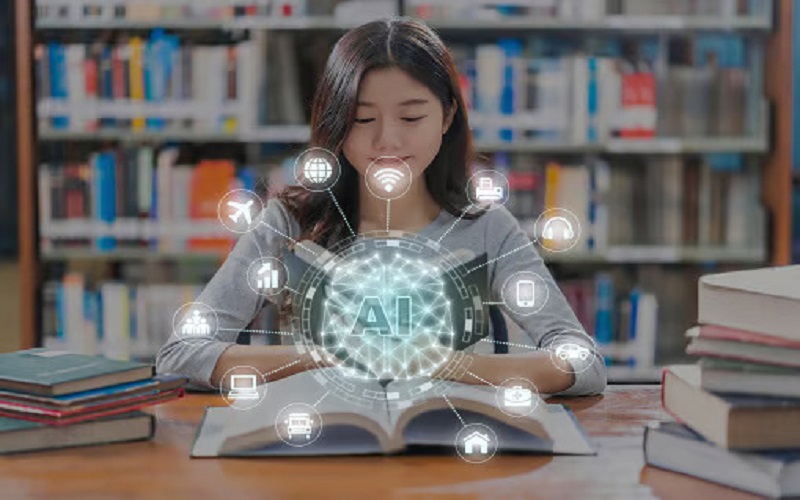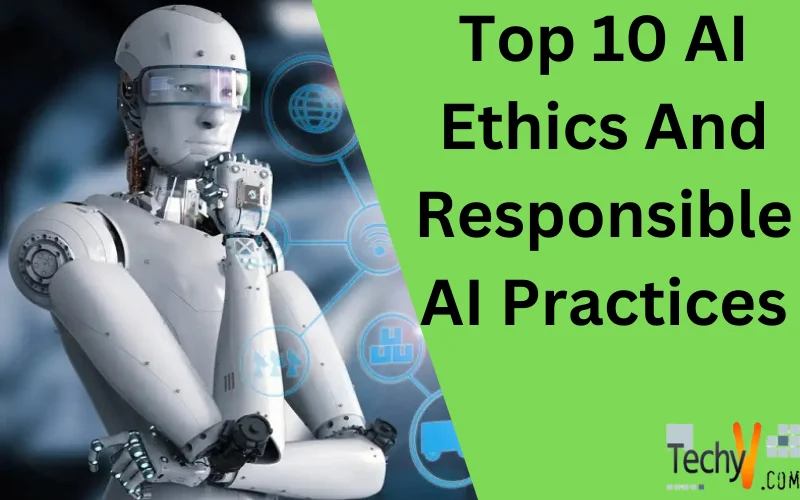Artificial intelligence (AI) has unlocked a new dimension to how we live, work, and interact with technology in today’s world. Their implementations can be seen everywhere from voice assistants and games to automated vehicles and medical diagnostics. It is becoming an integral part of our daily lives by making complex tasks automated and reducing the manual workload. As someone has said with great power comes great responsibility, it becomes essential to regulate this technology by making sure they are developed ethically. This should be done to avoid unwanted harm and to protect human rights. These technologies are crucial for making the entire society accessible to its benefits. We can harness its power while minimizing the risks and ensuring that this technology lives up to the ethical standards and human rights for sustainable growth. As AI continues to evolve, AI ethics and practices will play a major role in reforming a more responsible future that taps this power efficiently without causing any conflicts. In this article, we will discuss the top 10 AI ethics and practices that are mandatory to avoid a potential catastrophe:
1. Fairness And Bias Mitigation
The most prominent concern that comes from AI is Bias since this technology is based on algorithms that can accidentally preserve biases present in the training data provided to them. This leads to unfair and unpredictable outcomes which is not desired in the output. So to avoid this, responsible AI practices should be used that involve continuous addressing of bias by utilizing vivid and representative datasets. Implementation of Bias-mitigation techniques must be incorporated along with constant audits to catch any irregularity and rectify these biases in AI systems.

2. Transparency And Explainability
Since these AI algorithms are complex functions they need to be transparent such that their decision-making is understandable by humans without any issues. To accomplish this, developers should use models that are easily interpretable and can provide clean explanations for AI decisions throughout their run-time. The transparency of these systems plays an important role in the development process and also helps build trust among users. It also facilitates the understanding of the AI-generated outcomes since the users can question each of the generated outputs and analyze them.

3. Privacy Protection
Protecting user privacy and security is of prime importance in AI ethics. Some of the practices to achieve this include anonymous robust data, only collecting necessary data, and sticking to strict data privacy regulations such as GDPR. It should provide users the control over their data and information about how it is being used in the system.

4. Accountability And Responsibility
To ensure a responsible AI development environment, companies should adhere to clear lines of conduct for Accountability as well as responsibility. This may involve introducing roles and departments for AI development teams. There should be a proper body that manages and assesses the impact of the software regularly. Furthermore, a mechanism should be installed for identifying and addressing the consequences of AI usage or failures.

5. Robust Security
In the current high-tech world, these systems can be vulnerable to multiple attacks to manipulate their work on a bigger scale. This is a great concern that needs to be taken care of by applying AI practices that implements robust security measures to protect these models and database. There are multiple ways to ensure the security of AI systems such as strong encryption, controlled access, and constant security audits and surveys to search for and fix potential vulnerabilities.
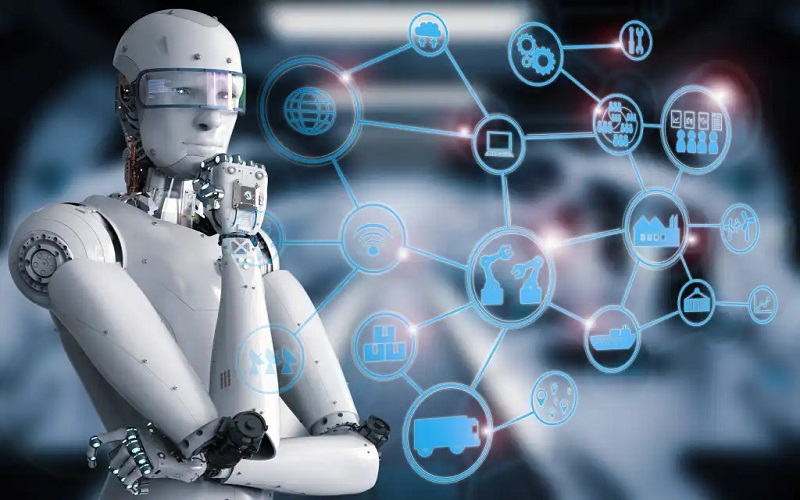
6. Ethical Data Collection
The heart of ethical AI practices is data collection and analysis. The AI systems are trained on a huge database which should be acquired through legal and ethical means. If necessary consent should be taken by informing the original owner of the data to avoid any future conflict that may arise. Moreover, it should be ensured that the data obtained is accurate, up-to-date, and does not contain any provoking elements. A system should be created for maintaining data retention and policies regarding the deletion and usage of this dataset.
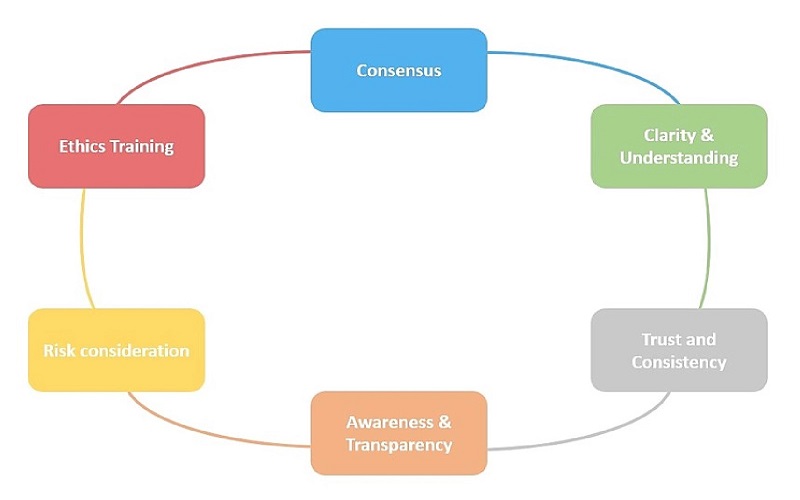
7. Continuous Monitoring And Evaluation
The responsibility of an ethical development of AI doesn’t end with the deployment of the language model. There must be regular monitoring and assessments to keep the hazards in check. Additionally, evaluations based on some played-out rules are essential to rectify any ethical and technical issue that may be present or arise over time. This AI system should be fine-tuned in such a way that it aligns with the ethical standards of the industry.
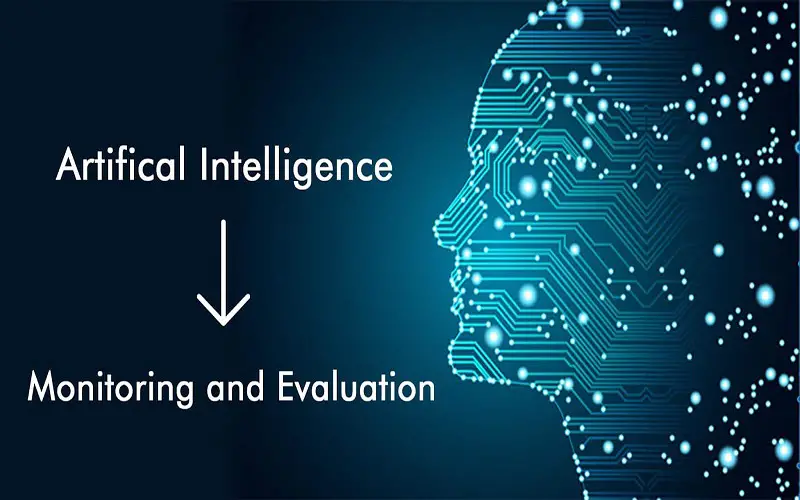
8. Inclusivity And Diversity
An open-minded approach blended with diverse backgrounds are backbone for ethical AI development. The teams working on AI projects should coordinate in such a manner that they apply different methods to avoid bias in both the technology and its applications in the industry. Inclusivity makes sure that the benefits of this amazing technology are accessible to all of society and it does not promote discrimination on any basis.

9. Global Collaboration
AI is a very powerful tool that can single-handedly reshape all technical advancements. So it becomes a global issue that requires collaboration among governments, industries, and the academic sector. Responsible AI practices also include the sharing of knowledge between language models and ideal practices to maintain an international standard that forms an ethical framework for AI development and deployment.
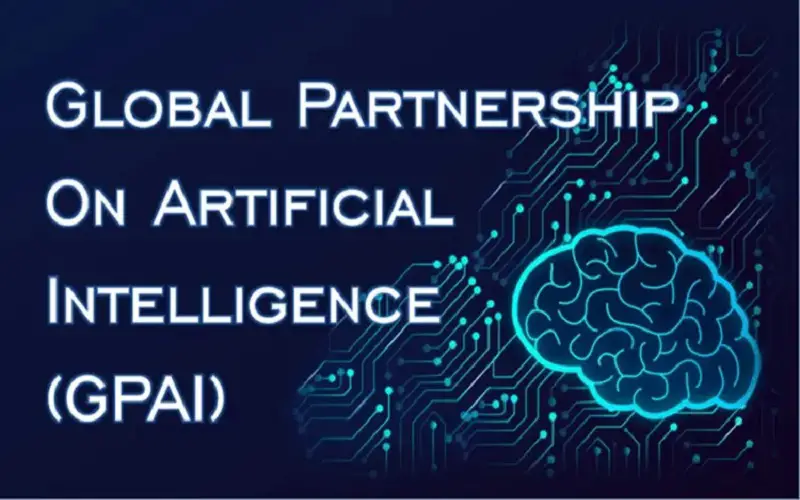
10. Public Engagement And Education
The last one on this list talks about the significance of educating the general public about AI and its implications. Usually, people are skeptical whenever a new tool enters the market that is as revolutionizing as this technology. It becomes an integral part of an organization that owns these models to engage with the public transparently to build their trust and make them aware of how AI is used in their lives. This will surely empower them to make informed and precise decisions without running into an unwanted situation.
